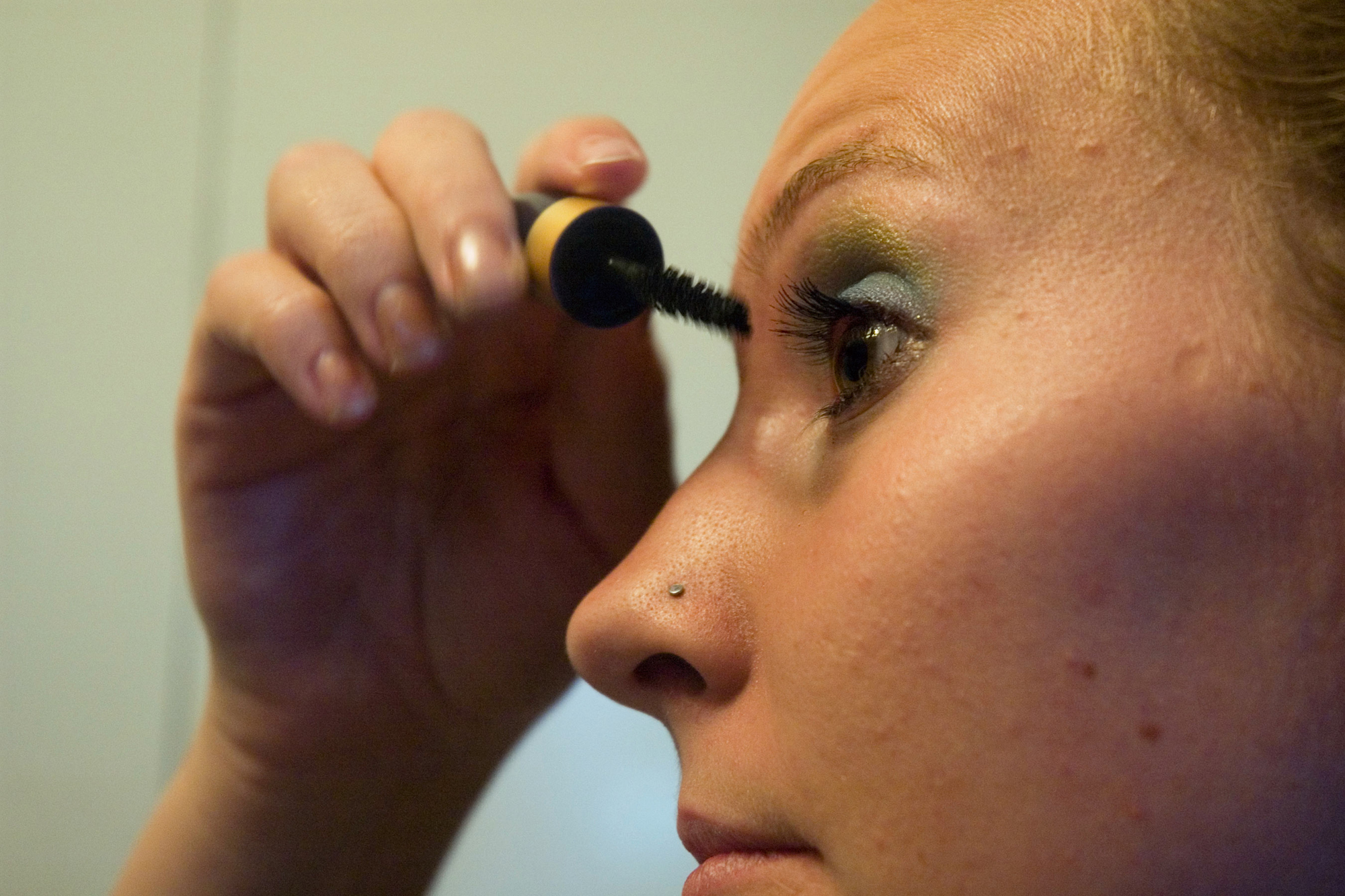
RICHMOND, Va. (BP)–“That’s a beautiful abaya,” Jenna* nods to a group of women, referring to the sequin-edged black dress covering them from head to foot. The veils over their heads expose nothing but eyes laden with eyeliner. They thank the student shyly.
“Excuse me,” the student continues, “but my friend and I were having a debate –- she thinks you are from Qatar and I think you are from Saudi Arabia.”
“We are Saudi,” one of the women replies.
During summer months when temperatures can reach 140 degrees in Saudi Arabia, Middle Eastern and European cities are popular travel destinations for Saudis on vacation, business trips or studying abroad. A team of American college students traveled to one of these cities this summer to strike up conversations with Saudis in hopes of sharing the story of Christ.
While the male students encountered groups of Saudi men in coffee shops who loved to debate religious topics such as the deity of Christ or the Trinity, the women were less open to discussing religion in public or participating in debates for fear of incurring haram, or shame.
While Arab men are the authority figures in political and religious settings, women are expected to instruct their children in religious tradition. Because of this, some Muslim women refer to themselves as the “protectors of Islam.” According to an Arab saying, “Men rule the streets, women rule the home.”
It was at home, the female students found, that the women were more open to discussions of faith. Over the course of the summer, the female students were invited into homes where the women cooked together and talked of makeup and clothes.
When Kristine* was invited to the home of a Saudi woman, “I turned around and introduced myself to a girl dressed in Western clothes,” Kristine recalled. “She laughed at me. It was my friend; I just didn’t recognize her because she had [taken off] the abaya and veil so quickly after we’d gotten in the house.”
ONE SAUDI STUDENT’S OUTLOOK
Fatima*, a 22-year-old student, is a long way from home for a Muslim woman.
She left her home in Saudi Arabia to study at a major university in another country. Growing up in a large family, Fatima has struggled with depression. Her mother was a third wife -– Saudi men are allowed up to four -– and attention from her father was meager.
While studying abroad, Fatima befriended Susan* and Marlena* as the two collegians looked for some common ground for their conversations. Though most Saudi women are literate and over half attend college, access to most nonreligious books is restricted. Most Saudi women are veiled from head to foot in public and cannot travel outside their homes without a male companion. So discussions of makeup or clothes often served as initial connection points for the women.
“We always had a lot of fun [with Fatima],” Marlena recounted. “Once, she had several of us over to her dorm room and had some of her Arab friends do our makeup in Saudi style -– it took about 30 minutes to do each of us. I don’t think I’ve ever worn that much makeup in my life, but we had a great time.”
While Muslim by practice, Fatima follows a “feel-good” spirituality based on the philosophy of Oprah and Dr. Phil. “Oprah is like her god,” Susan explained. “She has a quote from the show written all over her room: ‘The future’s so bright it burns your eyes.’ She’s always looking ahead like that, always trying to make things better in the darkness she came from.”
If a Saudi woman were to come to faith in Jesus Christ, the challenges she would face would be arduous, even life-threatening, a worker explained. If not married already, she would have to wed a Muslim man of her parents’ choosing, probably a first cousin. The possibility of finding a Christian man to marry in Saudi Arabia is virtually nonexistent, the worker said.
“We have no community to offer them,” the worker continued. “That’s why we’re praying for entire families to come to faith together.”
In a Saudi Arabian population of 27 million people, there are an estimated 50 to 250 Saudis who believe in Jesus Christ, the worker said. Most are not in contact with each other because conversion to Christianity is considered apostasy and punishable by death.
“We are the tip of the arrow here,” team member Alex* emphasized. “[Some] have never heard [about Christ] before.”
–30–
*Names changed for security reasons. Tracy Woods is an intern for the Southern Baptist International Mission Board.
















